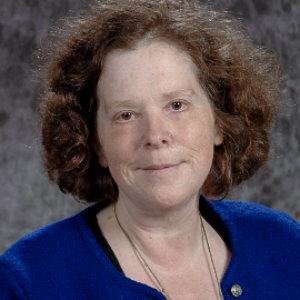Title : Innovative student and faculty created and facilitated experiential wellness workshops for medical students, and neurology residents, a model that can be adapted for the neurological sciences.
Abstract:
• Burnout is higher among both physicians and basic scientists due to work demands and loss of some social connectivity during COVID and only adding obligations of wellness surveys or training can add to the workload burden and so care needs to be put into the format of how to do so in a way that promotes learning, relaxation, social connectiveness, and mental, physical, spiritual, and digital wellbeing.
• Experiential innovative learning facilitates creative, divergent problem solving, retention of learning and is the most effective way to teach but is hard to adopt and implement at institutions unless it is regarded as the norm rather than innovative.
• Involving students or target audience members in the creation of wellness programs and in the facilitation of those programs is more effective than simply delivering the programs to them as more passive participants.
• This workshop will demonstrate examples of student workshops with experiential activities, using a few examples of expressive arts such as: art, movement and role play to collaborate to help reduce burnout, enhancing creativity, wellbeing, learning and productivity in neurological scientists/students.




